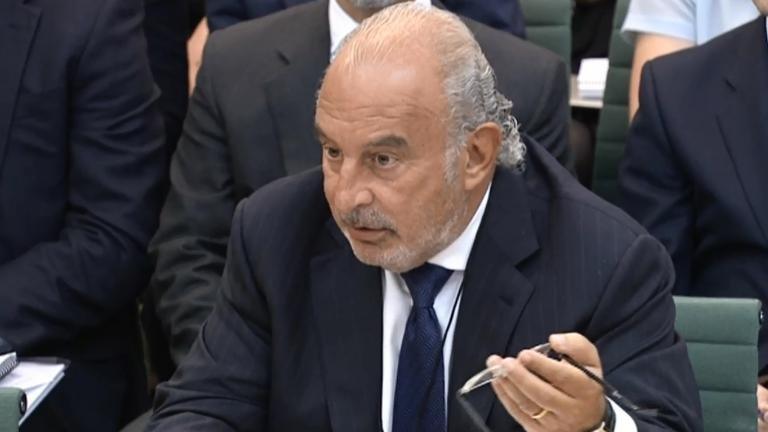Chappell 'sought flights on BHS budget'
- Published
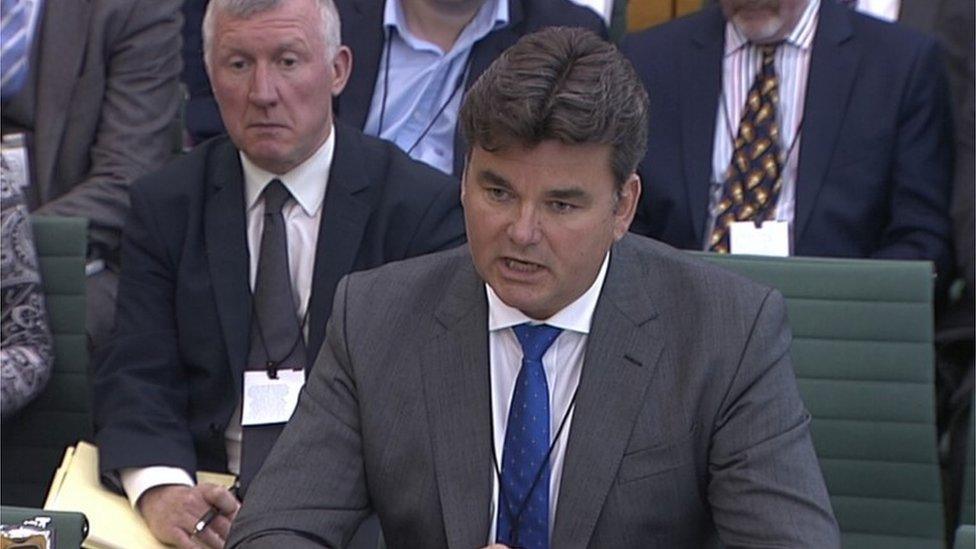
The former owner of BHS, Dominic Chappell, tried to buy family flights to the Bahamas on the company's travel budget, new documents reveal.
He also asked for his salary early ahead of taking his Christmas holiday to the Caribbean in December 2015.
The flight purchase was stopped but BHS' HR department approved the salary request on the basis of "hardship".
Mr Chappell has denied the allegations, accusing his former chief executive of being "pathetic and petty".
The claims were made in a written submission to MPs by the former boss of BHS, Darren Topp.
"Chappell saw no distinction between the company's money and his own personal money; he saw them as one and the same," Mr Topp wrote.
The "hardship" funds were granted despite millions of pounds having been taken out of BHS since it was sold less than 10 months earlier.
It comes as the pension protection fund has secured the approval of BHS creditors to appoint a second administrator to help Duff & Phelps. FRP's role will be to investigate the conduct of the former directors of the business.
Green to 'sort out BHS pensions mess'
Former BHS owner dubbed 'a liar'
'Home team'
Mr Topp has already appeared before the Work and Pensions Select Committee and the Business Innovation and Skills Committee as they investigate the circumstances of the retailer's collapse.
He has now provided further evidence about the financial stewardship of BHS under Mr Chappell, a former racing driver and bankrupt, as well as what he believed were the main reasons for its demise.
Mr Chappell's company, Retail Acquisitions or RAL, bought BHS for £1 in March 2015. It collapsed into administration just 13 months later.
According to Darren Topp, Mr Chappell had a "home team" made up of friends and family, which he brought into BHS and appointed as "so called experts" including the chair of BHS, Keith Smith, who was Mr Chappell's uncle.
"The connection of these individuals to Mr Chappell denoted a clear nepotistic environment at the very top," claimed Mr Topp.
For instance, he alleged that Mr Chappell instructed BHS to lend him £90,000 to pay a personal tax bill in January 2016.
The payment was authorised by Aidan Tracey, the chief financial officer of Retail Acquisitions, when Mr Topp's acting finance director was on holiday. Following legal advice BHS insisted on the money being returned.
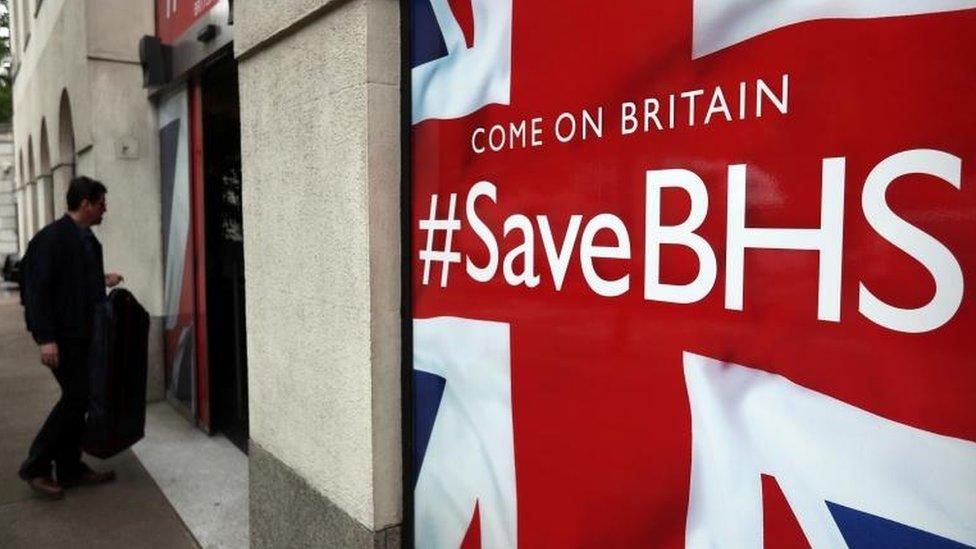
'Logistics'
In response to the flights allegation, Mr Chappell said: "There was no intent whatsoever to have the company pay for my private travel, it was purely an issue of logistics."
He said he did not have access to his credit cards when he was making the booking and that he asked for it to be put on the company account, which he would then repay in full.
He added: "At no stage have I ever used the company bank account as a private account for myself and all every payment except two went through the normal BHS process and system."
On the £90,000 loan, Mr Chappell says it was "done with both the full knowledge and permission of Darren Topp and the board".
However, MPs have a host of fresh questions for Mr Chappell and have written to him seeking clarification on the funds he personally took out of BHS.
Mr Chappell was grilled at length by MPs but a number of witnesses, including the Pension Regulator and the chair of the BHS Pension Trustees, have since come forward to question or clarify some of the evidence he gave.
Darren Topp believes the key to who profited from the demise of BHS is in the financial accounts of Retail Acquisitions.
But he says that because the RAL's remaining directors have now resigned, it may result in the company being wound up without proper accounts ever having to be filed.
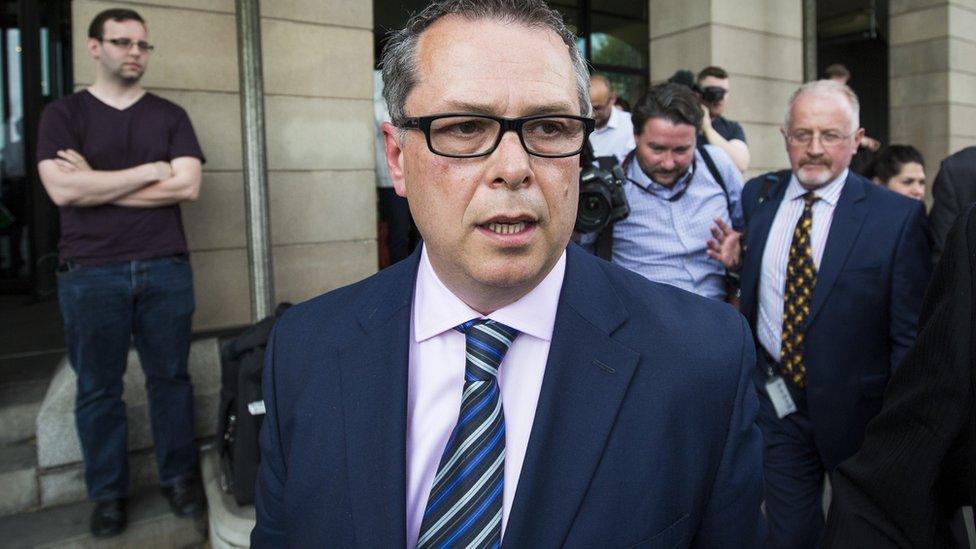
Former BHS chief executive Darren Topp
As to why this doomed venture went under, Mr Topp said it was very clear that RAL failed to deliver the necessary finance to fund the turnaround plan.
"Sadly, RAL took money out of the business, not put money in," he claimed.
Mr Topp also said that matters were made worse by the lack of a speedy solution to the pension deficit.
But ultimately he said the blame lay with Mr Chappell.
"We firmly believe that the business could've survived had our owners delivered on their promises to raise appropriate funding or indeed had funding of their own," he said.
"Their failure to deliver cash and repeated desire to remove cash from this business was the major contributor to the demise of this iconic British high street brand."
- Published8 June 2016
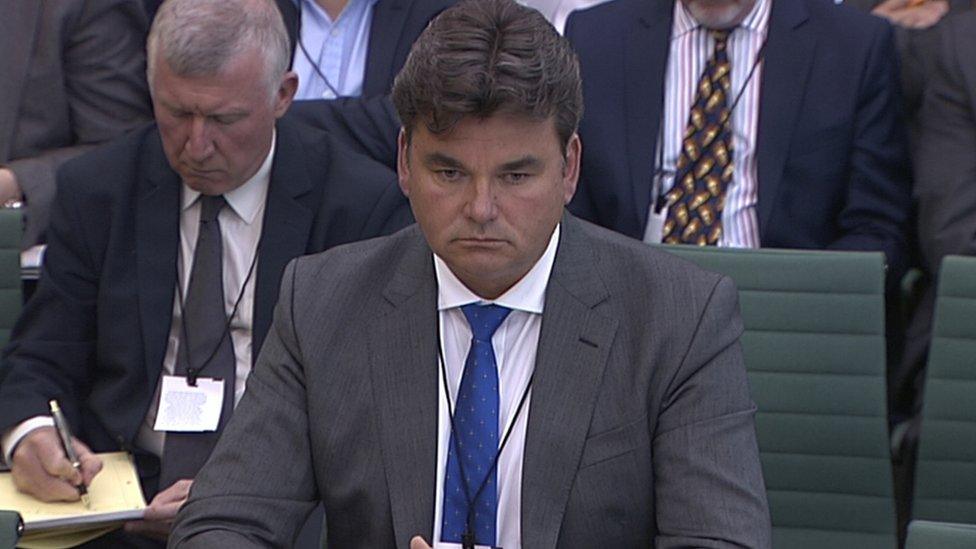
- Published3 June 2016
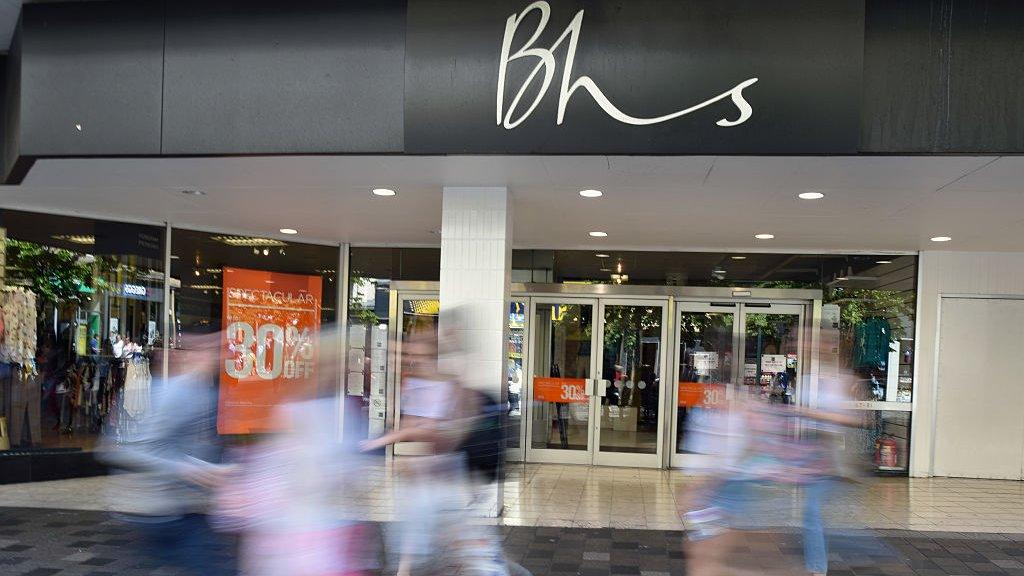
- Published15 June 2016
